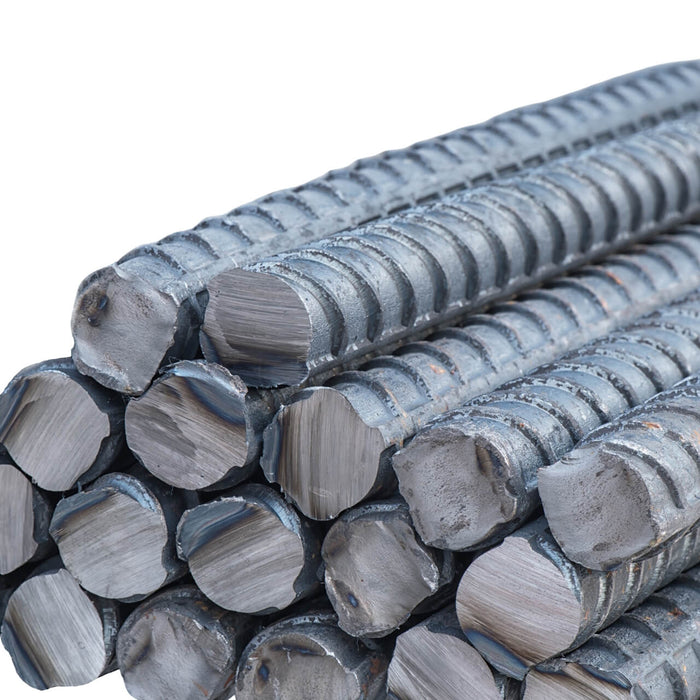 |
| Rebar |
Global Market Uncertainty and Trade Policies
The Lisbon-based International Rebar Producers and Exporters Association (IREPAS) warns that global rebar markets are being severely impacted by a “spiral of duties and trade measures.” The group describes the current level of protectionism as unprecedented, raising concerns about the long steel market’s future.
IREPAS points to the U.S. as a major source of uncertainty, with unpredictable trade policies creating volatility. “Because of the uncertainties created by the U.S. administration on top of the already existing problems, the markets are now somewhat lost,” states the IREPAS mid-March report. The group notes that sudden policy shifts can disrupt global trade overnight, making exports to the U.S. increasingly difficult.
Additionally, the outlook highlights weakening U.S. rebar demand, with early 2025 imports possibly dampening future orders. “The current demand in the market is actually opportunistic buying in anticipation of higher duties in the future,” writes IREPAS, noting that a surplus of imports has already occurred for the same reason.
IREPAS also comments on China’s production trends, questioning whether the government will successfully enforce output reductions. The group recalls significant cuts in 2015 and 2016 but notes that economic challenges may make it harder to curb production now. With weak domestic steel prices, Chinese mills may prioritize exports to remain competitive.
Regarding the European market, IREPAS criticizes the European Commission for not taking stronger measures to counter surging imports. “The European Commission has not proposed any defense measures against surging imports, leaving the EU wide open for more imports and thus more trade measures from the U.S.,” warns the group.
Impact of U.S. Tariffs and Global Steel Trade Shifts
The association also suggests that a flat 25% import tariff in the U.S. may inadvertently benefit low-cost steel producers. “In long products, the price increases in the U.S. are lagging behind flat product price rises,” states IREPAS, emphasizing how global market shifts are affecting rebar pricing dynamics.
The group says a wave of early 2025 steel imports in the U.S. may scale back demand in the following months. “The current demand in the market is actually opportunistic buying in anticipation of higher duties in the future,” writes IREPAS. “There was already a surplus of material imported last month for the same reason.”
While steelmakers around the world often jointly point to China as a source of low-cost, subsidized steel, IREPAS says steelmakers there may receive an unintended assist from U.S. President Donald J. Trump. “A flat 25 percent import tariff in the U.S. will benefit low-cost countries,” says IREPAS, adding, “In long products, the price increases in the U.S. are lagging behind flat product price rises.”
Tags
STEEL

